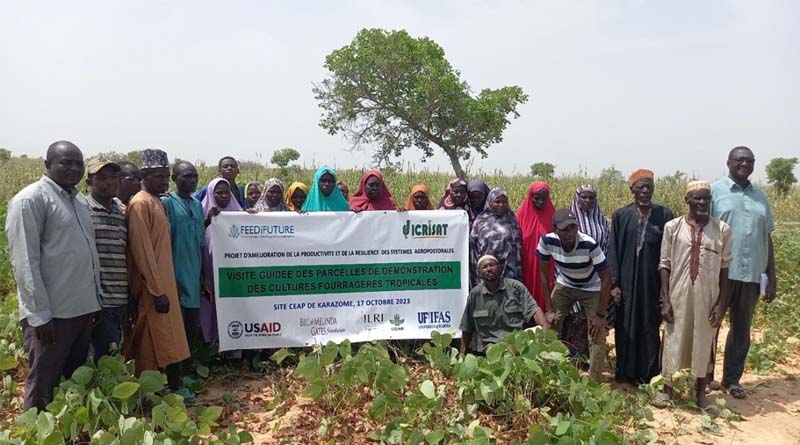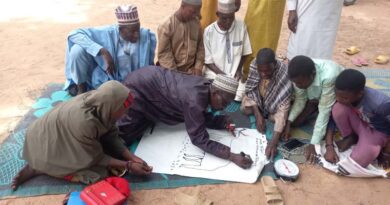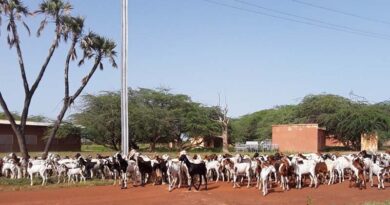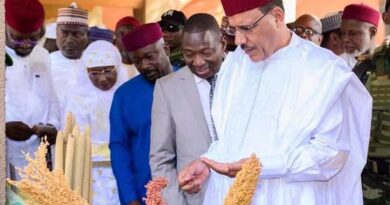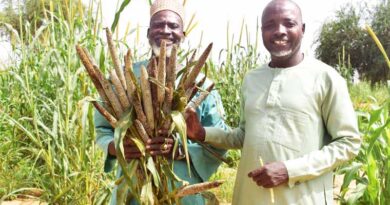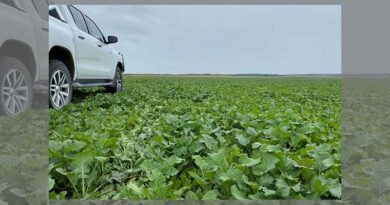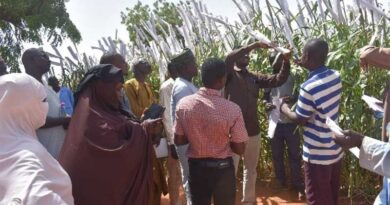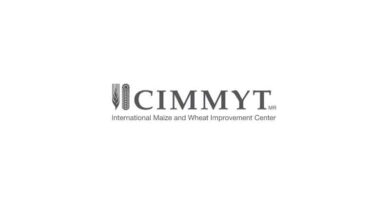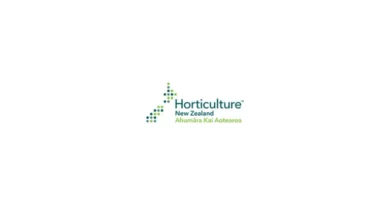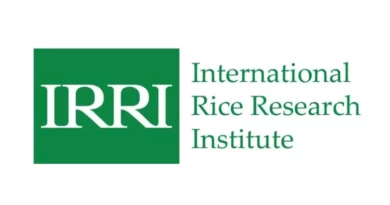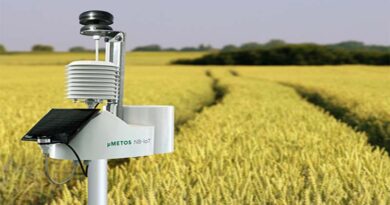Promoting sustainable and resilient crop-livestock systems in Niger
18 December 2023, Niger: Can the promotion of forage legume crops play a pivotal role in establishing sustainable crop-livestock systems and significantly impact livestock productivity in agro-pastoral settings?
Amidst the intricate challenges of climate change and escalating conflicts in Niger, a beacon of hope shines for smallholder farmers. Since 2023 a “Market for crop livestock” project intervenes in the region of Maradi, Niger, rigorously testing and introducing improved, locally adapted legume forage cultivars. This initiative aims not only to alleviate feed shortages but to transform agricultural landscapes by enhancing feed availability, soil quality, economic performance, and overall food productivity.
Participatory Field Trials: Insights from on the ground
During the 2023 cropping season, participatory field trials with farmers were established in different project sites interventions to facilitate the introduction and promotion of various tropical forage legume crops.
Four legume crops were introduced in each site: Cowpea (Vigna unguiculata), Mucuna (Mucuna pruriens), Improved pigeon pea (Cajanus cajan), and lablab (Dolichos lablab). To ensure suitable identification of forage legume’ crops for specific agro-ecological and socio-economic contexts, a participatory evaluation of introduced tropical forage legumes crops was organized with the intent to select the best fit forage legume crops for each site. The evaluation involved 248 smallholders’farmers among which 41% were women. Farmers and women farmers were given opportunity to ranking various legumes introduced based on tolerance to drought, length of the production cycle, accessibly to seed, and fodder aspect and production.
“The project is a catalyst for reshaping the future for our farmers. This isn’t just about introducing crops; it’s about sowing the seeds of change,” says Dr. Clarisse Umutoni, the dedicated project coordinator.
Diverse Perspectives
Livestock, vital for the sustenance of Niger’s smallholders, grapples with a critical concern—the scarcity of both quantity and quality feed. During the trials, farmers’ preferences proved to be as diverse as the ecosystems they cultivate. Criteria such as drought tolerance, production cycle length, seed accessibility, and fodder quality shaped their choices.
“I have been actively participating in this initiative since its inception. Surprisingly, I was unaware that pigeon pea could be utilized as fodder; in our community, it has always been known as a medicinal plant. Now, witnessing the prolific production of fodder and the water stress tolerance of both pigeon pea and Dolichos during the trials, I am eager to adopt them, ” shares Ms. Mariam, a participant from Ballayara in the Tillabéri region.
Reflecting on the trials, Ms. Mariam notes the initial splendor of Mucuna’s growth, describing it as “outstanding and beautiful.” However, as the cropping season advanced and rainfall diminished, Mucuna faced challenges due to its sensitivity to water stress. Consequently, Mrs. Mariam expressed caution about adopting Mucuna.
However, in Balagaja, a rural community in Maradi region, southern central Niger, Mucuna took the lead among farmers.
“We used to grow cowpea, and Mucuna was unfamiliar to us. Curiosity led our group to engage with the project, and we decided to allocate 0.5 hectares of land to cultivate Mucuna. I am thrilled with our decision; the sight of Mucuna in the field has become a source of community pride, attracting admiration from everyone who passes by ” says Ms. Dizé Oumarou, the president of a women’s group.
The Role of Awareness : Understanding Perceived Benefits
Before the project, many farmers and women farmers lacked information on the economic returns associated with adopting tropical forage legumes. Crucially, the project underscored the importance of equipping smallholder farmers with a comprehensive understanding of the perceived benefits of improved legume forage crops.
“Illustrating the gross economic benefits and profitability of growing these crops can kindle interest among smallholders, fostering widespread adoption,” stresses Dr. Umutoni.
“Working hand-in-hand with local champions was pivotal; it amplified exposure to tropical legume crops, fostering awareness and adoption within their communities. We are igniting a movement for transformative change, ” Dr. Umutoni says.
Seed Production and Supply
Ensuring the sustainable adoption of these transformative crops necessitates the establishment of a robust seed production and supply system.
As to say, with the “Market for crop livestock” project, the journey towards sustainable agriculture in Niger holds promise, with smallholder farmers at the forefront of this transformative endeavor. As they sow resilience in the face of challenges, a future rich with hope and agricultural abundance emerges.
“Supporting farmers and community-based organizations in seed production is pivotal. It serves as the gateway for the successful promotion of legume forage crops. We are not merely cultivating crops; we are nurturing hope for a better future,” concudes Dr. Jaquelines Hugues, Director General ICRISAT, emphasizing the collaborative efforts required for a sustainable future.
Also Read: Four New Baby Plum Tomatoes with ToBRFV Resistance
(For Latest Agriculture News & Updates, follow Krishak Jagat on Google News)

